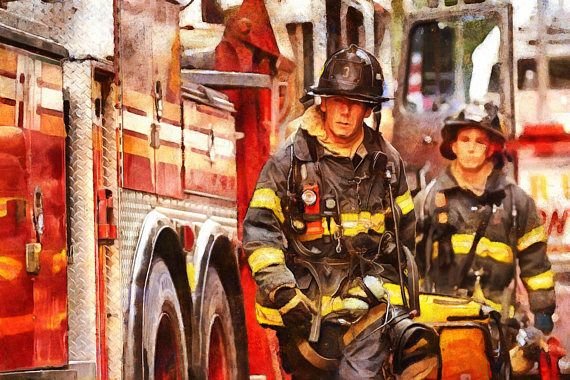
ALS Watchdawgs is 501 (c)(3) non-profit fund raising organization assisting firefighters battling ALS.
ALS Watchdawgs - Our Story
The Watchdawgs
Established in 2021, Several FDNY members formed a group to organize efforts to help our Brother Greg “Mickey” Hansen in his battle with ALS. This led to the foundation of the ALS Watchdawgs. This team is now made up of fellow firefighters from Mickey’s Firehouse, as well as the support of friends, family and the ALS Community.
Build it
From transporting and installing medical devices and equipment, to renovations and accommodations, we aim to assist those who are challenged by everyday tasks. Home renovations and modifications are an essential part of providing high quality palliative care for those suffering with ALS.
Grow it
Networking with other organizations, we strive to connect with other organizations to learn more about this disease, by sharing helpful resources & providing assistance. If you would like to network with our organization, please contact us for more details.
Our Mission
We strive to improve life for those with ALS and their families. We work with families to help them navigate the many challenges of this disease and to access the best care and services. This includes assisting with transportation, housing, purchasing and installing medical devices and adaptive equipment, accessing medical care and holistic treatments. Recognizing also the importance of friends and family we help support trips, activities, and events that bring people together, that allow them to have fun, smile, and enjoy life.
Our Mission is to fight alongside Mick and other FDNY members with ALS. It is with the same love and courage that it takes to fight a fire together, that ALS Watchdawgs come together to face and bring joy during life’s biggest challenges.
Firefighters are 2X more likely to suffer from ALS. We aim to change legislation and policy, from the local department to a national conversation about protecting our first responders. This ensures helping them when they need assistance, but also to make sure that the medical system can recognize that this affliction is job related, so that first responders and their families are protected for life.